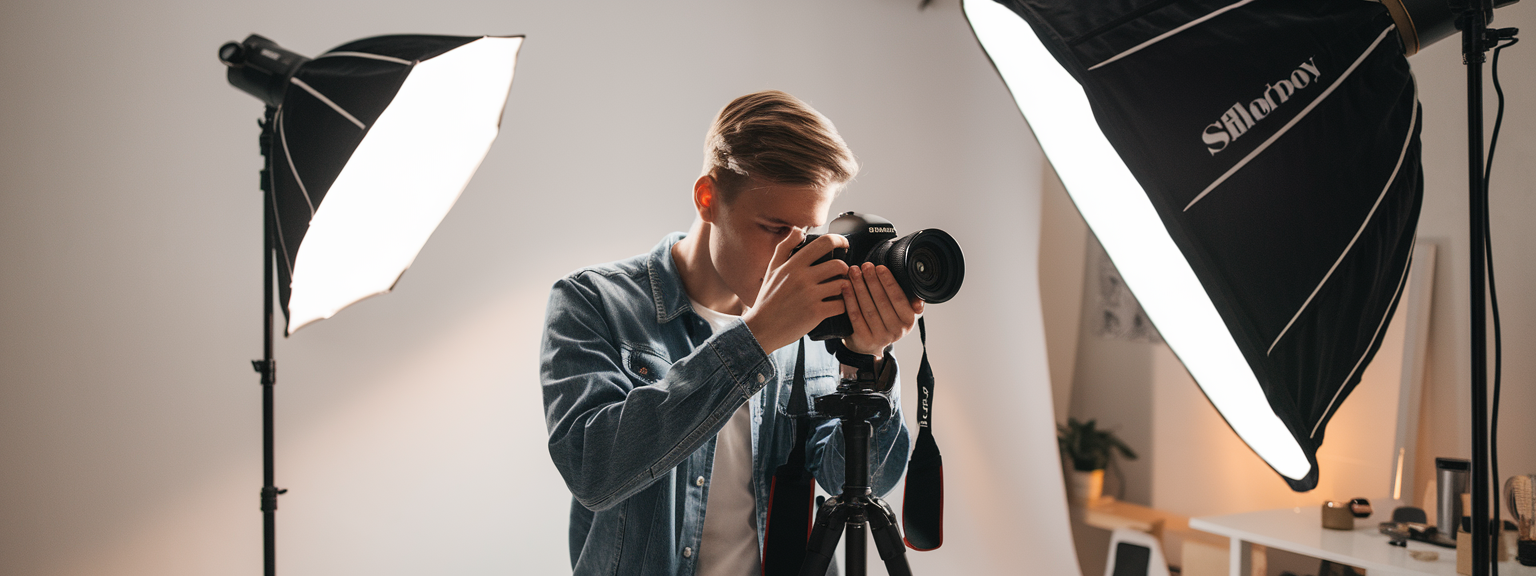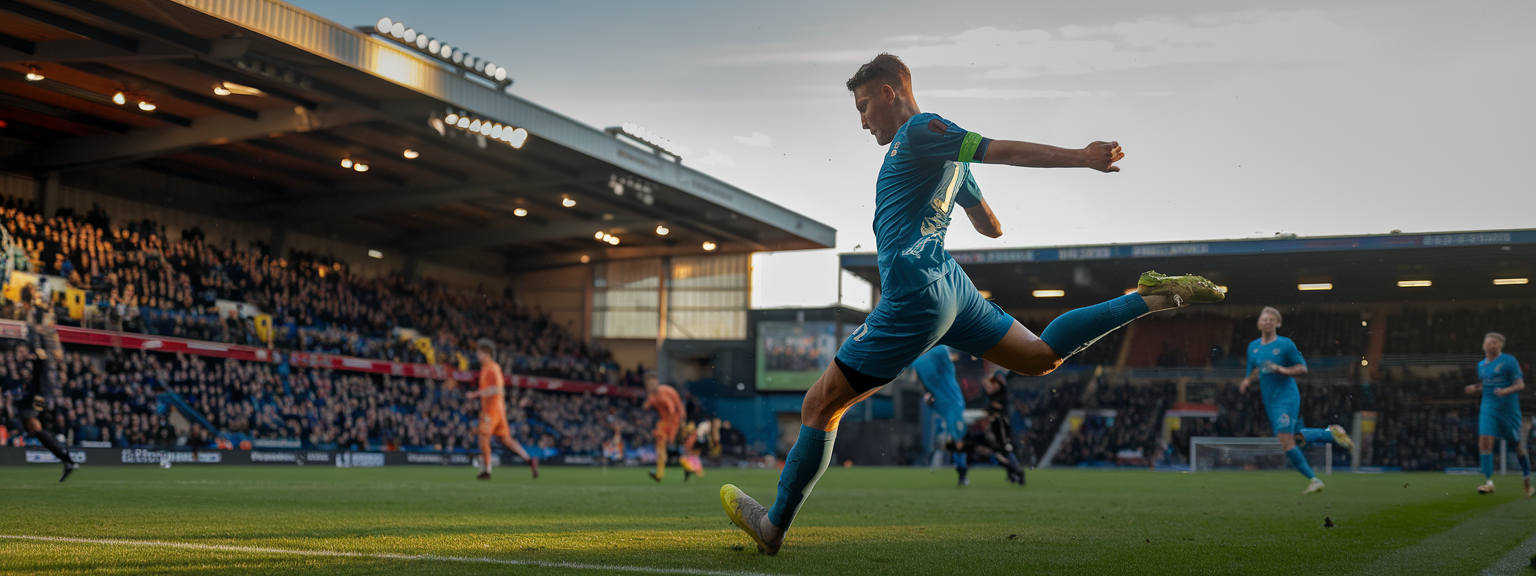Proven Techniques to Level Up Your Skills Fast

Developing mastery in photography, design, writing, or leadership requires more than innate talent—it demands purpose, consistency, and a structured approach. The ability to Level Up Your Skills is not just about gathering knowledge but transforming how you apply it. When you commit to personal development and self growth, progress becomes measurable and meaningful.
In this detailed guide, you’ll discover actionable techniques grounded in proven learning frameworks. The goal is not only to boost skill improvement rapidly but to sustain momentum through continuous learning and adaptation. Whether your focus is photography or another creative pursuit, these principles will help transform your potential into mastery.
📝 Step-by-Step Guide: Level Up Your Skills
1. Identify and Understand Skill Gaps
Every advancement begins with an honest self-assessment. Determine where you currently stand and where your abilities need reinforcement. In photography, this may involve reviewing your portfolio and identifying weaknesses in composition, lighting, or editing. Documenting your current level allows you to design a focused learning roadmap that emphasizes skill improvement rather than trial-and-error.
2. Set SMART Development Goals
A structured goal system brings measurable direction to your learning process. SMART goals—Specific, Measurable, Achievable, Relevant, and Time-bound—create a clear trajectory.
- Specific: Master studio lighting with one key light setup.
- Measurable: Produce five polished portrait images using different lighting techniques.
- Achievable: Dedicate 45 minutes every day to deliberate practice.
- Relevant: Strengthens creative control and portfolio quality.
- Time-bound: Achieve within eight weeks.
3. Divide Skills into Micro-Learning Units
Complex skills become manageable through micro-learning. Breaking your objectives into small components maintains focus and prevents cognitive overload. For instance, rather than “improving lighting,” focus first on mastering direction and diffusion. This segmented approach accelerates personal development while cementing understanding through repetition.
4. Embrace Deliberate Practice
Deliberate practice differs from routine repetition. It demands intense concentration, manageable goals, and consistent evaluation. Take one skill, such as depth-of-field control, and train under varying conditions. Immediate feedback—whether through self-review or mentorship—becomes the key driver of improvement and long-term skill mastery.
5. Seek Mentorship and Constructive Feedback
Feedback accelerates learning by exposing blind spots. Join creative communities, attend workshops, or collaborate with peers to obtain meaningful critique. A mentor doesn’t just correct mistakes; they guide mindset shifts that promote sustainable continuous learning.
6. Apply, Reflect, and Refine
Application transforms theory into experience. Implement your new knowledge in projects, analyze outcomes, and identify areas needing refinement. Reflection—preferably through journaling or reviewing past work—ensures growth is consolidated and builds adaptive expertise.
📌 Practical Applications: Level Up Your Skills
Creative Expansion in Photography
Elevate your skill set by venturing into unfamiliar styles or techniques. For example, a portrait photographer experimenting with landscape photography develops a deeper appreciation for natural light control. Similarly, shooting with limited equipment enhances resourcefulness and problem-solving—critical traits in personal development.
Professional Growth and Teaching
Sharing knowledge through workshops or tutorials reinforces your own understanding. Teaching compels you to articulate complex ideas simply, which enhances clarity. It also positions you as an authority in your field—strengthening both confidence and credibility.
Integrating Learning with Lifestyle
For true self growth, learning must become habitual. Develop consistent creative routines such as daily camera exercises or weekly project reviews. Align these with mindfulness practices like journaling to foster reflection and continuous self-awareness.
💡 Tips & Tricks: Level Up Your Skills
1. Apply the 80/20 Rule
Identify and focus on the 20% of methods that drive 80% of results. For photographers, mastering light positioning and subject interaction yields significant impact before tackling more advanced editing workflows.
2. Integrate Multiple Learning Styles
Blending visual, auditory, and kinesthetic techniques enhances comprehension. Watch detailed tutorials, discuss concepts, and physically replicate techniques to optimize retention.
3. Maintain Productivity with Smart Systems
Implement systems like the Pomodoro technique or habit tracking tools such as Notion or Trello. Structured workflows prevent procrastination while promoting continuous learning.
4. Engage in Peer Collaboration
Surrounding yourself with skilled peers fosters accountability. Constructive communities challenge you to meet higher creative standards and build relationships that fuel professional growth.
📸 Sample Scenario
Consider an aspiring portrait photographer aiming to achieve a professional standard of lighting control within two months.
- Weeks 1–2: Conduct a detailed assessment of current lighting strategies and gather references from admired photographers.
- Weeks 3–4: Practice directional lighting using a single flash. Experiment with light modifiers and reflectors for control and contrast.
- Weeks 5–6: Organize a photoshoot implementing various setups. Record environmental data and results for each session.
- Week 7: Obtain critique from peers or mentors. Identify missteps, refine workflows, and develop a checklist for consistency.
- Week 8: Reapply improved techniques on a new project to measure progress. Document outcomes as part of a portfolio evolution log.
✅ Key Do’s for Effective Usage
- Do define measurable outcomes for each skill segment.
- Do integrate feedback consistently rather than occasionally.
- Do develop structured practice sessions instead of random exercises.
- Do cultivate mindfulness to support focus and resilience.
- Do celebrate small milestones to reinforce motivation.
❌ Common Mistakes to Avoid
- Avoid comparing your progress to experts; measure against your past performance only.
- Don’t neglect foundational principles. Advanced techniques rest upon strong basics.
- Resist multitasking. Concentrated practice yields far greater skill advancement.
- Don’t pursue trends without mastering core creative elements.
- Avoid passive learning; immediate application burns concepts into long-term memory.
🔄 Troubleshooting & FAQs
How do I stay consistent when motivation drops?
Consistency results from habit, not bursts of inspiration. Design micro-goals that require minimal time yet deliver visible progress—such as 20 minutes of structured editing practice per day.
What learning techniques work best for creative professionals?
A blended approach combining observation, imitation, and creation works best. Analyze professional work critically, replicate techniques, and then adapt them to your artistic voice.
What tools can enhance continuous learning?
Educational platforms like Skillshare, Domestika, and Coursera offer structured learning across creative disciplines. For photographers, Lightroom or Capture One enable practical experimentation and workflow refinement.
How can I overcome creative plateaus?
Change perspectives by exploring related skills—like storytelling, color theory, or visual narrative design. Shifting focus stimulates fresh ideas and revives motivation.
What’s the best way to measure improvement?
Maintain a progress log with before-and-after examples. Reviewing tangible changes helps you visualize your advancement and adjust strategies accordingly.
🖼️ Bringing It All Together
Mastery is an iterative journey defined by persistence and reflection. Leveling Up Your Skills requires structured practice, critical feedback, and continual curiosity. The combination of deliberate application and personal accountability fuels unstoppable progress in both creative and professional contexts.
In every creative pursuit, the true reward lies not in the endpoint but in the evolution. By embracing structured learning, applying deliberate effort, and continually reflecting on results, you position yourself for perpetual growth. Keep practicing, stay inquisitive, and let your progress inspire future goals.

![[Level Up Your Skills Workspace] [Person at desk using laptop and notebook to level up your skills]](https://lenslesson.com/wp-content/uploads/2025/12/level-up-your-skills-planning-workspace.png)
![[Daily Creative Inspiration Journaling] [Person journaling at a sunlit desk capturing daily creative inspiration with a notebook and coffee.]](https://lenslesson.com/wp-content/uploads/2025/12/daily-creative-inspiration-journaling-ideas.png)
![[Post Processing Essentials Demo] [Photographer editing images on a monitor demonstrating post processing essentials workflow]](https://lenslesson.com/wp-content/uploads/2025/12/post-processing-essentials-overview.png)
![[Stunning Images Lighting Composition] [Photographer adjusting studio lights for Stunning Images during a portrait session.]](https://lenslesson.com/wp-content/uploads/2025/12/advanced-stunning-images-lighting-composition-editing.png)

![[travel-photography-tips-sunset-cliffs] [Photographer shooting a sunset over coastal cliffs demonstrating travel photography tips]](https://lenslesson.com/wp-content/uploads/2025/11/travel-photography-tips-sunset-cliffs-gear-composition.png)